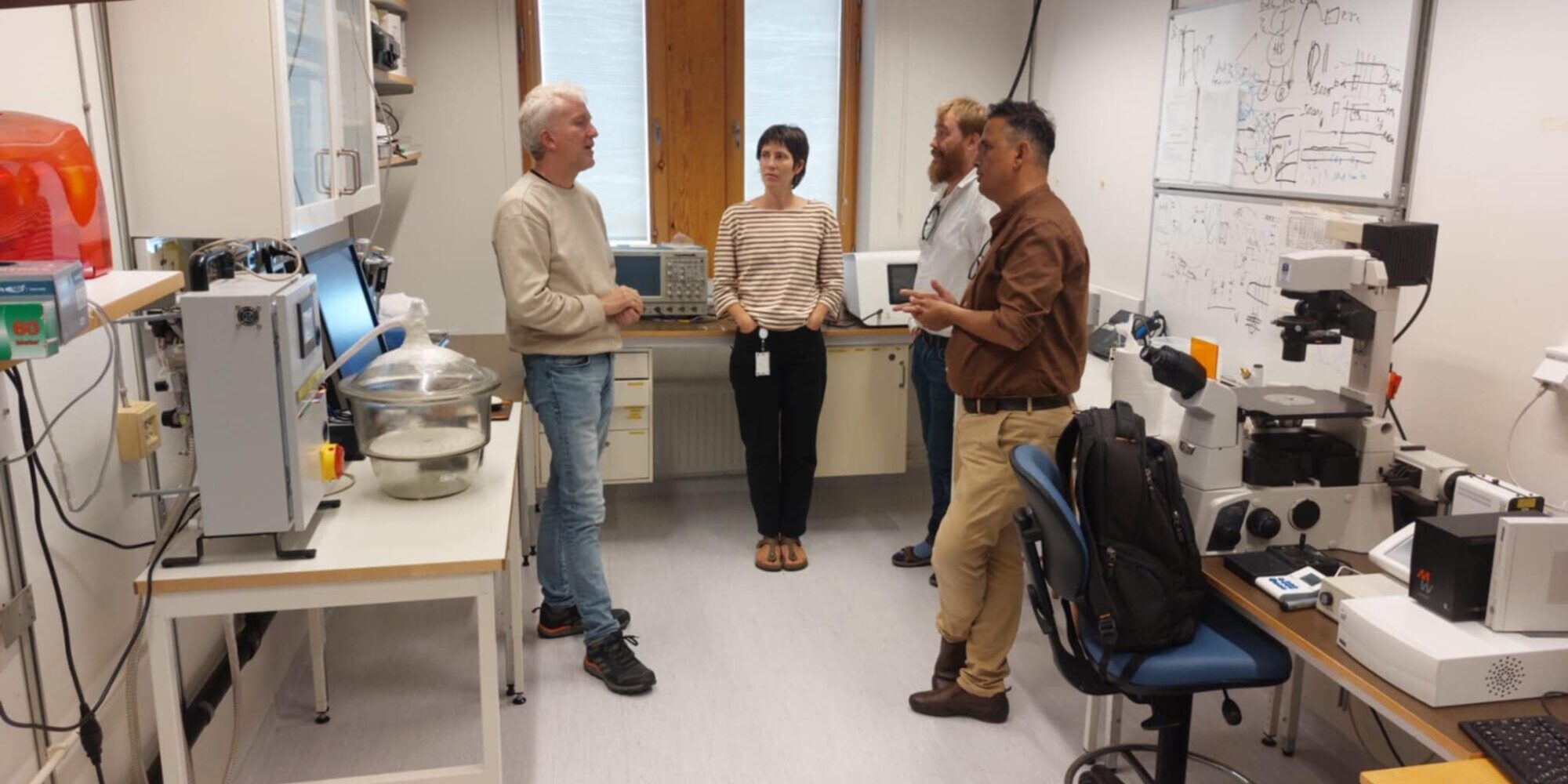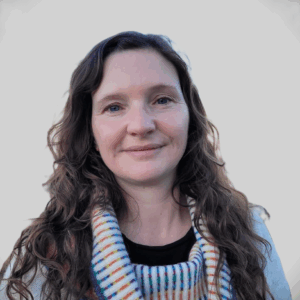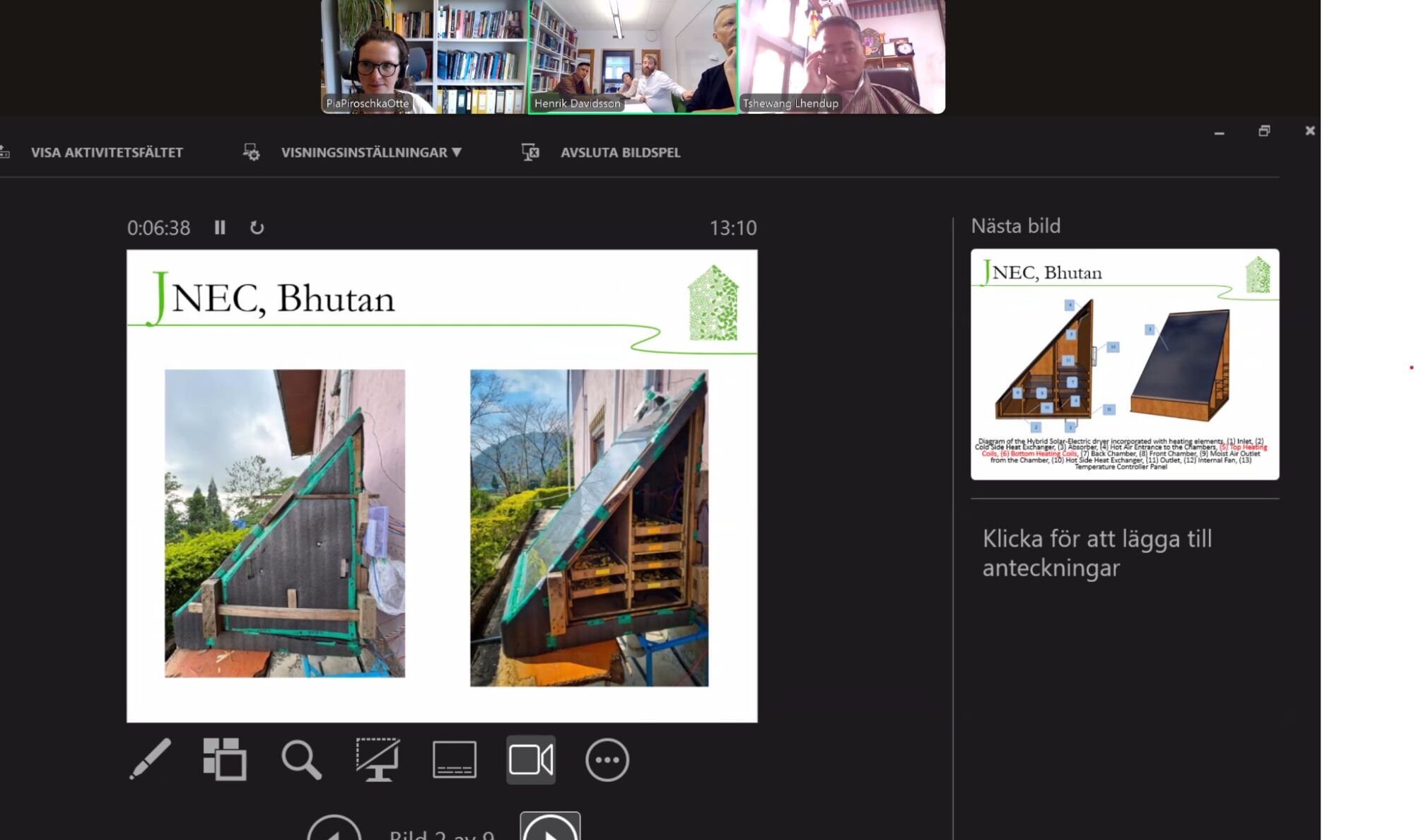
Strengthening Solar Dryer Innovation Through International Student and Researcher Exchange
Author
Published: 24 October 2025
Last updated: 24 October 2025
Share article:
The Solar Food project has initiated its research activities, and one important part of the project includes a mutual exchange of researchers and students from Bhutan, Nepal, and Scandinavia.
Work package 4 in the project is concerned with the technical development of the solar dryers and is led by Lund University. The technology developed in Solar Food is based on a prototype developed in a previous solar food project led by Lund University. The unique contribution of this solar dryer is that it uses a heat exchanger that has the potential to be a very cheap solution for making the dryer much more efficient than conventional solar dryers.
Nevertheless, to make the solar dryer work in rural areas in Bhutan and Nepal, it has to be implemented and tested. Hence, more technical progress has to be made to prime the dryer for the real-life testing that is planned in selected areas of Nepal and Bhutan in 2026. To do this work, the project relies on a frequent exchange of knowledge not only via digital meetings but also with the possibility to see and work on the technology in practice and understand each other’s contexts first-hand. In September 2025 the technical team at Lund University, consisting of Dr. Henrik Davidsson and Prof. Martin Andersson, welcomed Prof. Bivek Baral from Kathmandu University to Lund to exchange knowledge and plan future project activities. Solar Food took the chance to arrange a short hybrid internal meeting with project leader Prof. Pia Otte (Ruralis) and Dr. Tshewang Lhendup from the Royal University of Bhutan (JNEC) attending online. In addition, to Dr. Davidsson and Prof. Andersson, Prof. Federico Gomez from Lund University and Dr. Elina Andersson from Lund University’s Centre for Sustainability Studies also attended the meeting in person. Prof. Gomez is a food scientist and will contribute to the project with mobility grants to master’s students from Lund University who will travel to Bhutan and Nepal to test the nutrition content of fruits dried on the developed solar dryers. Dr. Andersson is a sustainability expert and works as one of the project’s scientific advisors.
During the meeting Dr. Davidsson presented the current developments of the dryer and the planned activities to be undertaken by him and his team. The new Solar Food project is a continuation of a long-term collaboration between Lund University, Kathmandu University, and the Royal University of Bhutan (JNEC). In an interview, Dr. Davidsson states that:
Lund University and Kathmandu University (KU) and the Royal University of Bhutan (RUB) have cooperated for a long time with student exchange. The first exchange we had was already back in 2014. Since then, more than 20 students from Lund have visited KU and RUB while some students from KU/RUB have been to Lund University. Recently, most of the exchanges have been in relation to fruit drying. Solar dryers have been built, drying quality has been tested, and social and financial considerations have been investigated.
Over the coming years we hope and plan for 10 new students from KU/RUB to come to Lund University and that, at the same time, we are able to send equally as many from Lund to KU/RUB.
In September 2025, at the time of the meeting, three students from Kathmandu University were in Lund and two students from Lund University were at Kathmandu University. The students are working on very different aspects of renewable energy and solar drying. Dr. Davidsson continues:
One student is working on upscaling solar drying using heat pump technology. This work is of course very much related to the ongoing project. However, the solutions and the technology developed in this exchange project are more suitable in larger cities with a higher and larger need for dried food. Another student will try to use deep learning (read A.I.) for a better understanding of how to optimize the dryers. The question that the students hope to answer is how they can optimize the solar dryer to cut costs while keeping the drying highly efficient. The Lund students currently in Kathmandu will focus on extensive measurements where different parts of the dryer are omitted or developed. These measurements will also help us understand cost optimization better than we do today. Finally, the Lund students will measure a new prototype that will hopefully turn out to be as effective as earlier dryers but cheaper and much easier to transport.
The senior researchers at Lund University highly value the exchange of researchers and especially the involvement of master’s students, which enables the team to undertake much more testing and to contribute to capacity building at Lund University and the partner universities in Nepal and Bhutan.
We are very happy to involve so many talented students in this project. Having the opportunity to work with them means that we can test and develop so many more things than we could ever dream of if we didn’t have the students. Often the students come with new solutions that can potentially lift the technology even higher. (Interview with Dr. Davidsson).
After the meeting, Prof. Gomez took the chance to show the interdisciplinary team the “Emerging Technologies Lab” at Lund University’s Department of Process and Life Science Engineering. During the tour, special attention was paid to how vacuum impregnation works – a technology that allows the air inside fruits or vegetables to be replaced with nutrient-rich solutions. The Solar Food project will apply this method to fortify fruits and vegetables with essential vitamins and minerals before drying. This approach helps preserve nutrients that would otherwise be lost during heat and dehydration, ensuring that the final dried products are not only tasty but also vehicles for improving nutrition.
Prof. Gomez is looking forward to Lund’s first student exchange. In an interview he says that one of his students will travel to Nepal early next year to work on enhancing the quality of solar-dried fruits. The focus will be on achieving more uniform dehydration and improving overall product quality, with special attention to how key nutritional compounds are preserved during the drying process. At the same time, a master’s student from Kathmandu University will come to Lund University to test advanced fortification techniques, such as vacuum impregnation and encapsulation, with the aim of enriching fruits with essential vitamins and minerals before drying. Together, these exchanges will strengthen collaboration while addressing the dual challenge of improving drying technologies and developing nutrient-rich dried fruits that can help combat micronutrient deficiencies in Nepal and Bhutan.
Author
Published: 24 October 2025
Last updated: 24 October 2025


